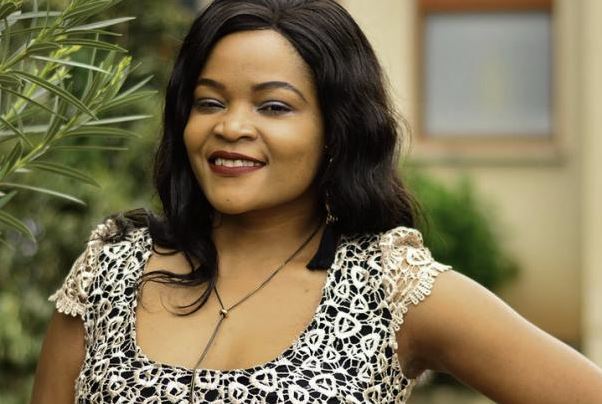×
The Standard e-Paper
Join Thousands Daily

38-year-old Dr. Doreen Lugaliki became the first Kenyan doctor to succumb to COVID-19. [Courtesy, Family]
Deaths from Covid-19 once seemed so far away. We saw it in the news and empathised with devastated communities in northern Italy, Spain and France.